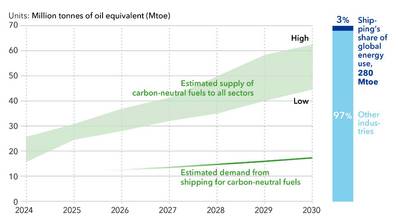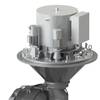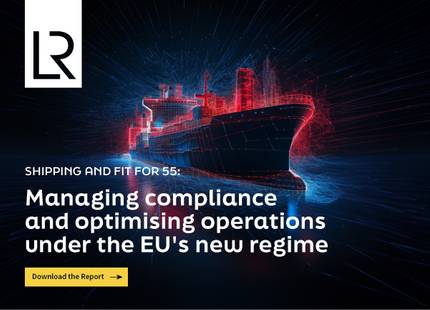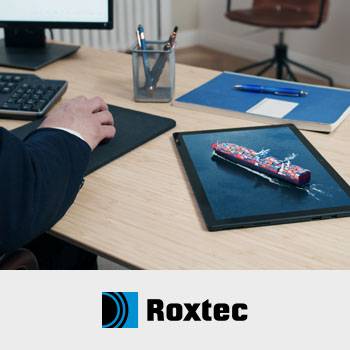Shipping Will Need a Third of World’s Carbon Neutral Fuel by 2030
According to the latest edition of DNV’s Maritime Forecast to 2050, the shipping industry will find it challenging to secure enough supply of carbon-neutral fuels.
To meet the anticipated demand of 17 million tonnes of oil equivalent (Mtoe) annually by 2030, the maritime sector would need to access 30-40% of the projected worldwide carbon-neutral fuel supply.
As the shipping industry will compete for these fuels with aviation and road transportation, as well as other industries, their production needs to significantly accelerate if the industry’s emission-reduction goals are to be met. Fuel producers must accelerate their plans, but they need offtake commitments from fuel buyers, says DNV.
“The period of ramping up production of different carbon-neutral fuels may come with uncertainty in supply, and price fluctuations are therefore expected. Thus, fuel flexibility will be key for shipowners to navigate these uncharted waters,” states the report.
DNV presents a new and comprehensive global database of more than 2,200 existing and planned production plants for relevant fuels: all biofuels, methanol, ammonia, hydrogen, including bio-, electro-, and blue versions of all fuels.
The report also presents a three-step approach for stakeholders within the value chain aiming to establish green shipping corridors. DNV believes the cost of decarbonization must be carried through the maritime value chain by green corridors or similar mechanisms.
It includes an updated look on a range of regulations and drivers for the decarbonization of shipping, the most important being new IMO regulations, the inclusion of shipping in the European Union’s Emissions Trading Scheme and incoming well-to-wake requirements. These regulations will increase the operational cost of using carbon fuels, incentivising shipowners to put plans in place today to reduce their carbon output.
Knut Ørbeck-Nilssen, CEO DNV Maritime, said: “The 2020s marks the decisive decade for shipping. Securing greener fuel supply is critical. However, focusing on fuels alone can distract us from making an impact this decade, and ambitious future declarations are not good enough. What we need is tangible actions that will reduce emissions. Energy efficiency measures can deliver decarbonization results now and towards 2030.”
The report outlines several energy efficiency measures that can deliver decarbonization results now. It emphasises the need for the maritime sector to adopt a holistic approach to ensure a strong evolution of regulations and technologies, as well as long-term security of fuel supply.
To overcome decarbonization challenges, the sector can adopt operational energy efficiency measures such as air lubrication systems and wind assisted propulsion. The latter has already been installed on 28 large vessels, delivering fuel savings of between 5-9% to date. The potential when retrofitted on existing ships can reach 25%.
In addition, technologies such as onboard carbon capture and storage and nuclear propulsion can address the competition for sustainable biomass and renewable electricity. The report presents an economic analysis of both options through detailed case studies
Other findings include that a fuel technology transition is already underway, with half the ordered tonnage capable of using LNG, LPG or methanol in dual-fuel engines, compared to one third of the tonnage on order last year. For ships in operation, 6.5% of tonnage can now operate on alternative fuels, compared to 5.5% last year. The uptake of methanol and LPG is also starting to show in the statistics together with the first hydrogen-fuelled newbuilds. There are currently several ongoing demonstration projects for ammonia-fuelled ships, and a growing pipeline of ammonia-fueled ships soon to hit the order book.












